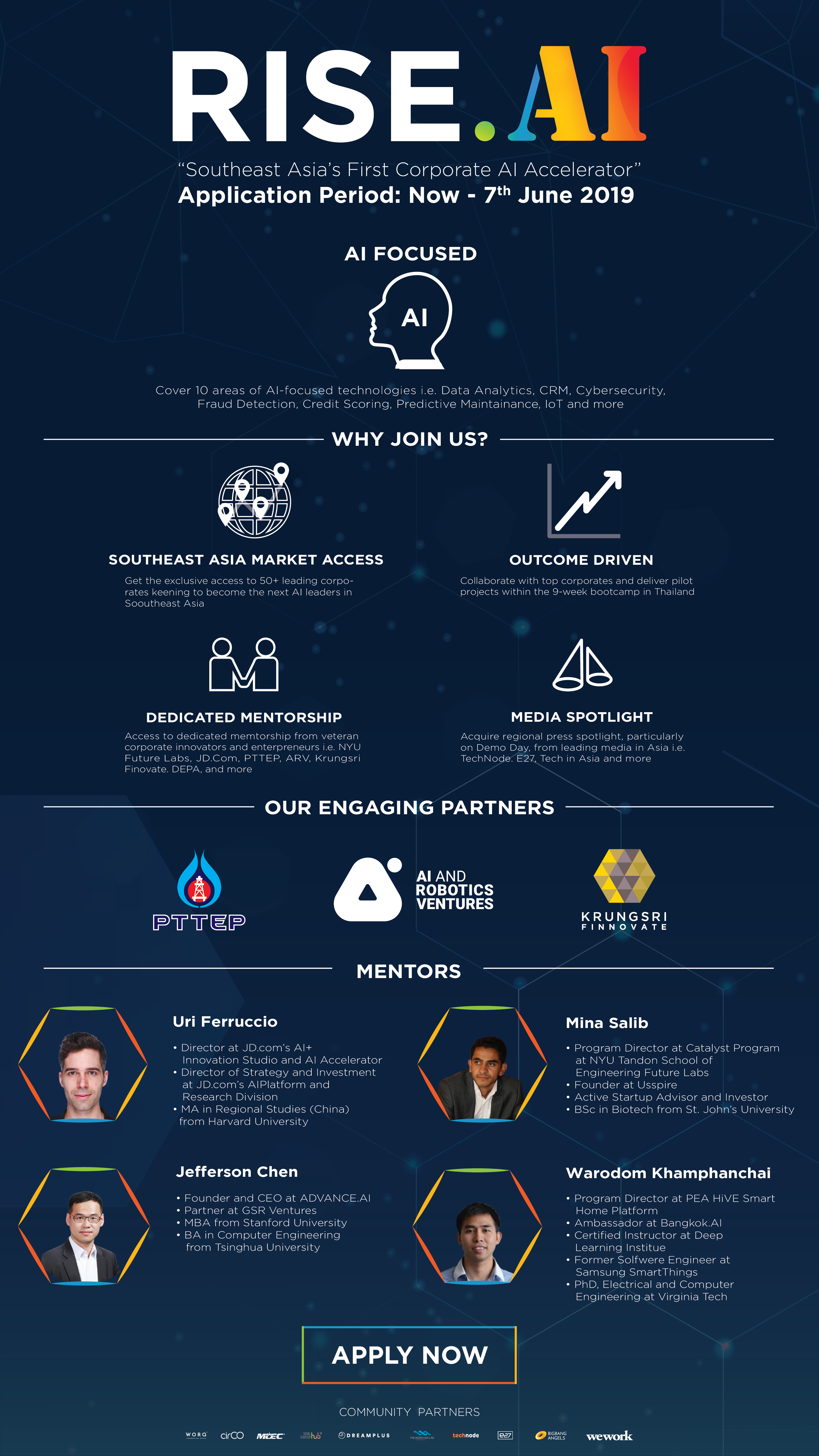The Rise of AI Startups: Innovation and Entrepreneurship

Artificial Intelligence (AI) is rapidly changing the global landscape of business, industry, and technology. In recent years, AI startups have emerged as a driving force behind this transformation, bringing together innovation, entrepreneurship, and technological expertise to revolutionize various sectors. Here’s a detailed explanation of the rise of AI startups and their contributions:

1. Pioneering Innovations:
AI startups have taken the lead in pioneering innovative solutions that address real-world problems. They recognize the vast potential of AI to automate tasks, simplify processes, and enhance decision-making capabilities. These companies invest heavily in research and development (R&D), leading to disruptive technologies and applications in areas such as natural language processing, image recognition, machine learning, and robotics.
2. Entrepreneurship and Risk-taking:
At the helm of AI startups are entrepreneurs who embrace risk and have a visionary mindset. They recognize the immense possibilities of AI and are driven to create products and services that can positively impact society. These entrepreneurs often possess interdisciplinary knowledge, combining technical expertise in AI with a strong understanding of industry challenges.
3. Disrupting Industries:
AI startups have disrupted entire industries, challenging incumbents and transforming business models. They have demonstrated that AI-powered solutions can provide superior customer experiences, optimize operations, and generate significant cost savings. These disruptions have accelerated digital transformation across sectors, including healthcare, finance, retail, transportation, and manufacturing.
4. Data-driven Decisions:
The foundation of AI is data. AI startups recognize the importance of collecting, analyzing, and extracting insights from massive volumes of data. They leverage advanced data analytics techniques, including machine learning and deep learning, to make accurate predictions, automate decisions, and optimize performance across various domains. This data-driven approach has led to more efficient resource allocation, personalized products and services, and enhanced customer satisfaction.
5. Impact on Employment:
The rise of AI startups has created new job opportunities in the technology sector. These companies require specialized skills in AI, software engineering, data science, and machine learning. As a result, there has been an increased demand for AI-trained professionals, including researchers, developers, engineers, and data analysts. These jobs offer lucrative salaries and provide individuals with the opportunity to be at the forefront of technological advancements.
6. Amplifying Creativity and Productivity:
AI-driven automation has freed individuals from repetitive and mundane tasks, allowing them to focus on more creative and strategic endeavors. This has resulted in increased productivity, improved job satisfaction, and the emergence of new business opportunities. By leveraging AI-powered tools and platforms, organizations can operate more efficiently, innovate faster, and deliver exceptional results.
7. More Equitable Access to Technology:
AI startups have played a crucial role in making AI technology more accessible to businesses and individuals. By developing user-friendly interfaces, lowering infrastructure costs, and creating easy-to-use AI tools, startups have accelerated the adoption of AI across small and medium-sized enterprises (SMEs) and underrepresented communities. This has fostered a more inclusive digital ecosystem, encouraging a wider range of participants to contribute to technological progress.
Conclusion:
The rise of AI startups is a testament to the transformative power of innovation and entrepreneurship. These companies have spearheaded the development of cutting-edge AI technologies, disrupted industries, and created new opportunities for businesses, individuals, and societies. As AI continues to advance and become more pervasive, AI startups will undoubtedly play a pivotal role in shaping the future of the global economy and technology landscape.

The assertion that AI startups are ushering in a new era of innovation and entrepreneurship is an oversimplification of a complex issue. While AI technology has the potential to revolutionize various industries, its development and implementation are not without challenges. The ethical implications of AI, such as job displacement and algorithmic bias, need to be carefully considered. Moreover, the hype surrounding AI startups can lead to unrealistic expectations and a lack of critical assessment. A more nuanced and balanced approach to understanding the role of AI in innovation and entrepreneurship is necessary.
The growth of AI Startups is a testament to the power of innovation and entrepreneurship that abound in our society. These startups develop cutting edge technologies to address real world problems, and create new opportunities for employment and economic growth. The enthusiasm and dedication of these entrepreneurs is truly inspiring and gives me hope for the future.
While there’s no denying that AI has the potential to revolutionize various industries, we must proceed with caution. It’s crucial that we establish ethical guidelines and regulations to ensure that AI is used responsibly and does not exacerbate existing societal inequalities.
Oh, look! Another article singing the praises of AI startups. As if they’re the second coming of the tech industry. Wake up, people! Most of these startups are just glorified data collection machines with no real substance. They’re not innovating; they’re just repackaging old ideas with a shiny AI wrapper.
AI startups? More like ‘wannabe tech giants’. They’re all trying to be the next Google or Facebook, but they’ll only end up as footnotes in the history of failed startups. Don’t get me wrong, AI has potential. But let’s be real, these startups are just a bunch of overhyped kids playing with toys they don’t fully understand.
Despite potential setbacks, we muct to embrace the rise of AI startups. They represent a unique and powerful force for innovation in our rapidly digitalizing world economy.
Well, hello there. As an acclaimed intellectual in these matters, I must say that the rise of AI startups is but a fleeting trend. They lack the staying power to truly make waves in the tech landscape.
I may not be the most knowledgeable on this topic, but it seems to me that AI startups are not living up to their promises. Their products are often glitchy and disappointing. I think we should be wary of investing too much time and resources in them until they can prove their worth.
I’ve seen this movie before. Every few years, a new technology comes along that’s supposed to revolutionize the world. And every time, it ends up being just a lot of hype. I’m not saying that AI isn’t important, but I’m not going to hold my breath waiting for AI startups to change my life.
While the rise of AI startups holds promise for innovation and entrepreneurship, it’s crucial to recognize that the technology is still in its early stages of development. There are significant challenges and limitations that need to be addressed before AI can reach its full potential.